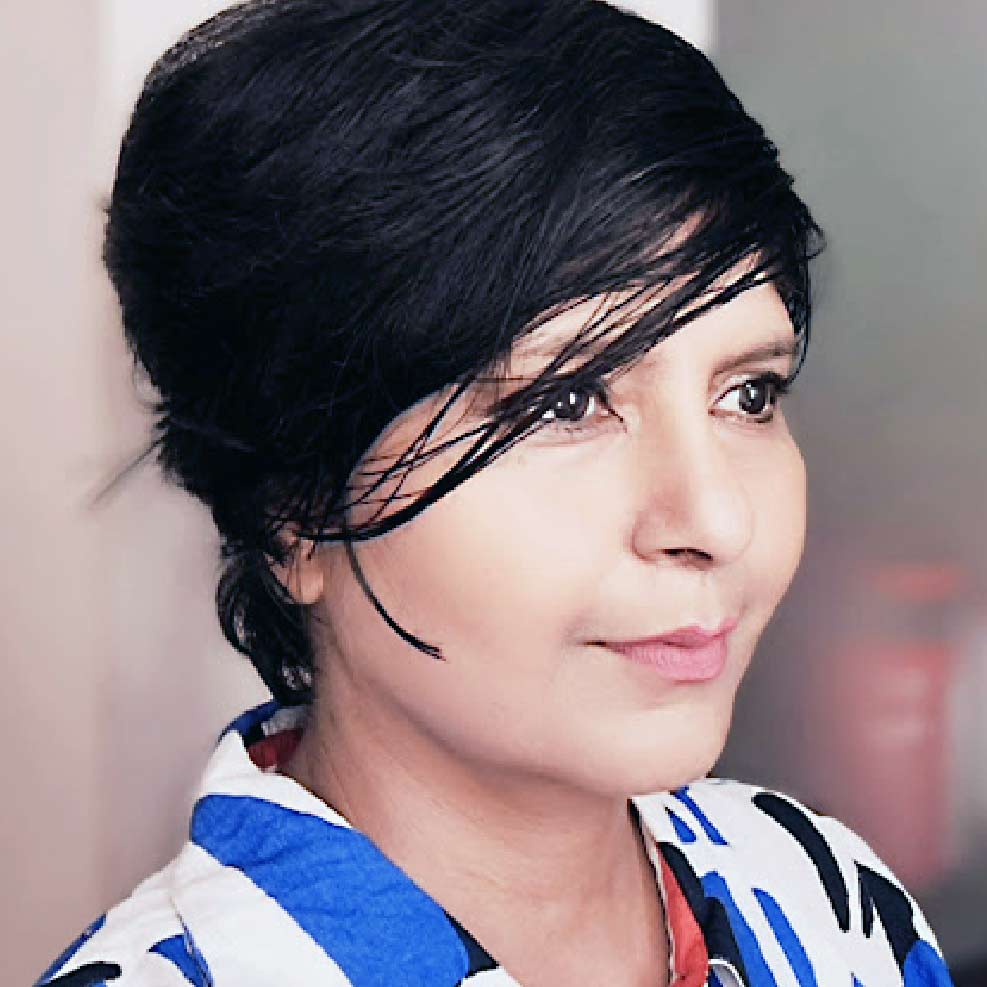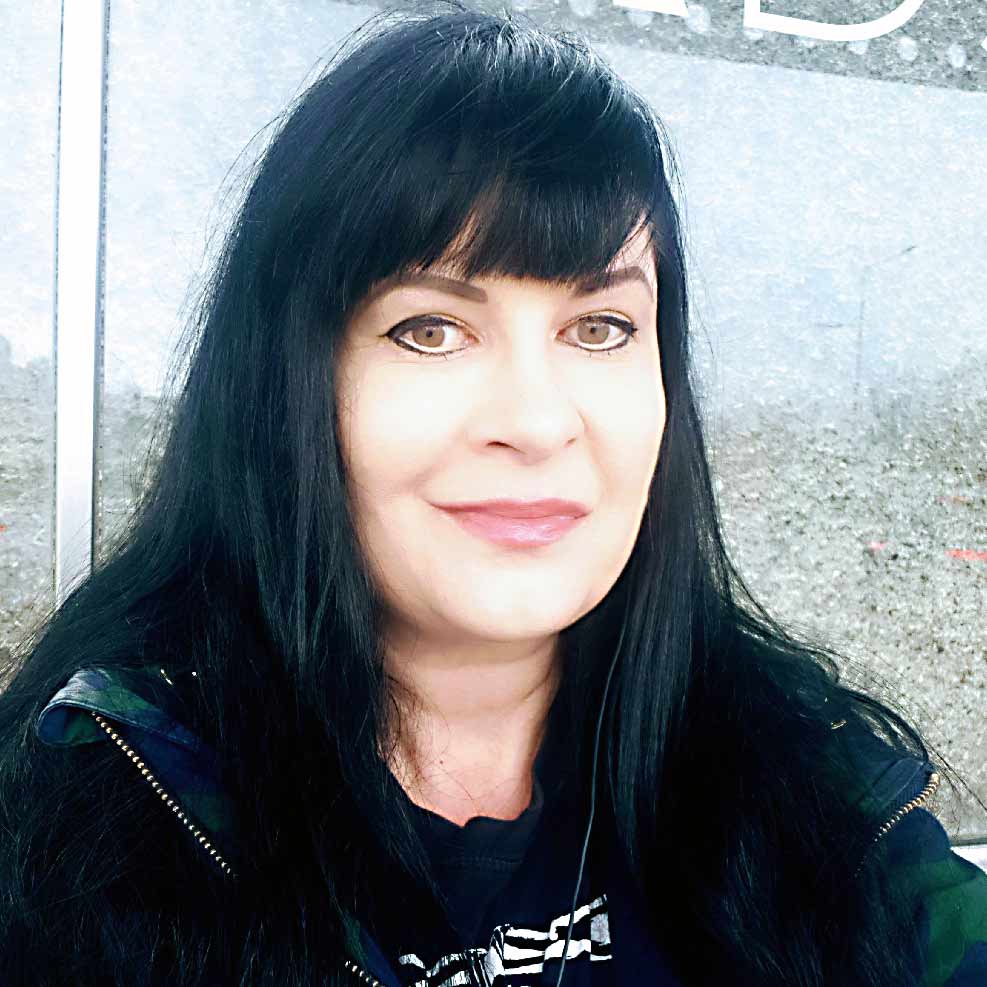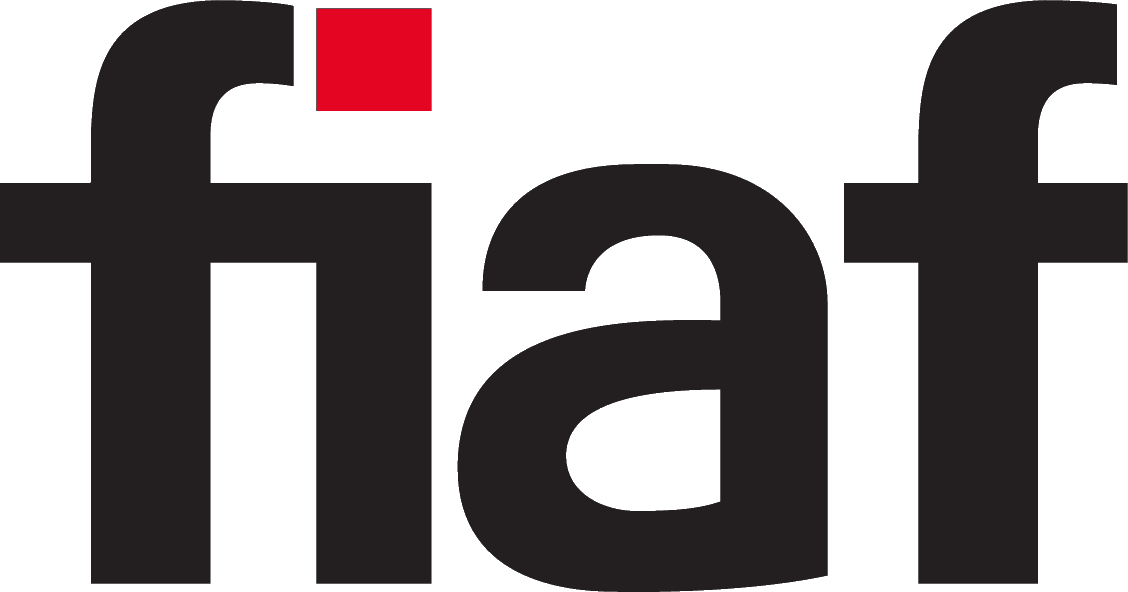2023 Mexico City Symposium
Session 1 : "Change Is Coming: Practices for Gender Equity in the Archive"
Mexico, 17 April 2023
What form does the film archive take if it works for equity? This session shares collection practices around the world and dissects how women have traditionally participated in archival work, proposing inclusive practices that favor the construction of a future with a gender perspective.
Please do not publish or re-use in any way any of these documents without prior permission of the speakers.
Seven for the Road: Transdisciplinary Notions about Gender and the Audiovisual Archive in the 21st Century
Elisa Jochum is a film scholar and cultural historian. She heads the film archive of the Deutsche Kinemathek and teaches on women in the history of audiovisual media to the next generation of filmmakers at the Filmakademie Baden-Württemberg. Previous work and research: at the Goethe- Institut headquarters, Humboldt-Universität zu Berlin, University College London, and Yale University.

Future (of) Archives: The Fleeting Figure and Shrouded Histories of Indian Cinemas
Madhuja Mukherjee is Professor of Film Studies at Jadavpur University, India. She extends her archival research into art-practice, curatorial-work and filmmaking. Her primary research involves Indian film industries, cinema in Bengal, technological transformations, sound cultures, gender, labour and historiography. Her current areas of research include: urban and media geographies. She has published extensively in scholarly journals, and is the author of ‘New Theatres Ltd.: The Emblem of Art, The Picture of Success’ (2009), editor of ‘Aural Films, Oral Cultures: Essays on Cinema from the Early Sound Era’ (2012), and of the award-winning anthology ‘Voices of the Talking Stars: The Women of Indian Cinema and Beyond’ (2017). More recently, she (co) edited the volumes titled: ‘Popular Cinema in Bengal’ (2020) and ‘Industrial Networks and Cinemas of India’ (2021). She created the ‘first’ graphic-novel in Bengali (‘Kangal Malsat’, 2013); presently, she is editing a graphic-narrative series titled ‘Body Matters’. She is the (co-) writer of the internationally acclaimed film ‘Qissa’ (Punjabi, 2013); her first experimental feature-film ‘Carnival’ (No-dialogues, English inter-titles, 2012), had its World Premiere at the 41 st International Film Festival Rotterdam 2012, and her second feature-film, ‘Deep6’ (Bengali, 2021), had its World Premiere at the 26 th Busan International Film Festival 2021.

Education of Girls in Nigeria: The Endangered
Akporherhe Justina Omojevwe is a female Film Archivist in the National Film Video and Sound Archive. She has both a masters degree in geographic information science and a first degree in zoology. She also holds an Oracle Database certificate. She works as a film preservationist, Database Administrator and assists with Film Digitization. She began her career as a Film Archivist in 2006, and is one of the first generation of Film Archivists in Nigeria who is just being exposed to the ethics of the profession through the Train the Trainer training program which is a collaboration between the Nigerian Film Corporation, Goethe University and Arsenal Institute for Film and Video Arts. Her proposal entails a film which was researched, prepared and digitized during her training in November to December 2022.

Archival Interventions: Embedding Feminist Praxis in Audiovisual Archive Metadata
Kasandra O’Connell is the Head of the IFI Irish Film Archive which preserves Ireland’s national moving image collection. In addition to the ongoing management of the Archive and the development of strategy & policy in all areas of the Archive’s activity and was responsible for the Archives current Digital Preservation and Access Strategy. She is also responsible for making the Archive’s collection as accessible as possible and in recent years has worked extensively on the IFI Player. In addition to chairing the Film Heritage Advisory Group in Ireland She is a member of the Northern Ireland Film Heritage Steering Committee, editorial boards for AMIA’s Moving Image Journal and a Bloomsbury book series on Audio-visual Media Archives. Currently undertaking a PhD in film preservation policy, she regularly writes about film preservation, women in archives and archive collections and promotes moving image preservation across a range of media.






